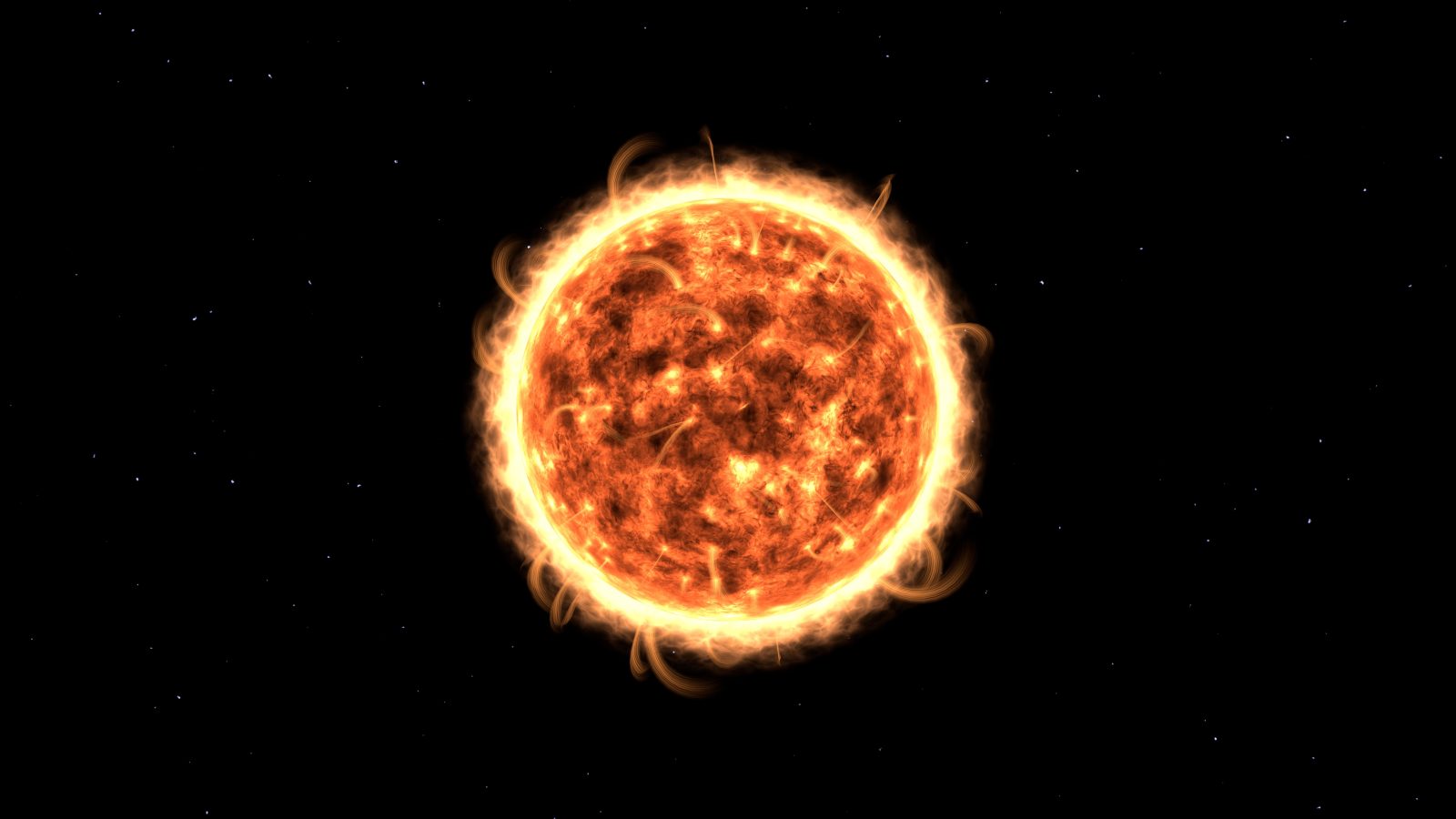
A lead researcher out of George Mason University (GMU) warns that increasingly violent solar activity could potentially cause an “internet apocalypse” disrupting all electronic communications on Earth, including satellite communications.
“The internet has come of age during a time when the sun has been relatively quiet, and now it’s entering a more active time,” stated principal investigator Peter Becker, a professor in the Department of Physics and Astronomy at GMU in Fairfax, Virginia. “It’s the first time in human history that there’s been an intersection of increased solar activity with our dependence on the internet and our global economic dependence on the internet.”
A report from George Mason University published that the Department of the U.S. Navy presented a $13.6 million grant to the college to fund state-of-the-art data mining, analysis, and scientific modeling, among other endeavors in collaboration with the Naval Research Laboratory (NRL) with a primary focus on increased solar activity.
“There have been a lot of (solar) flares,” Becker says. “Flares are when the sun brightens, and we see the radiation, and that’s kind of the muzzle flash. And then the cannon shot is the coronal mass ejection (CME). So, we can see the flash, but then the coronal mass ejection can go off in some random direction in space, but we can tell when they’re actually going to head towards Earth. And that gives us about 18 hours of warning, maybe 24 hours of warning, before those particles actually get to Earth and start messing with Earth’s magnetic field.”
Earth is bombarded with solar radiation quite often. Flares reach Earth in just minutes and, like CMEs, are harmless for those of us on the surface. This is due to Earth’s magnetic field and dense atmosphere acting as a shield from cosmic radiation and charged particles emitted by our Sun.
On the other hand, CMEs can be far more devastating to critical infrastructure.
While it’s common to have some interference with radio and GPS from solar flares, massive geomagnetic storms caused by CMEs can induce worse outcomes; i.e. disrupting electric currents in power lines, transformers, and other electrical systems. This can potentially damage power grids, leading to power outages.
According to George Mason University, violent solar storms are expected to become more frequent and severe over the next decade, with activity not seen since the Carrington Event in 1859. This was the last time a CME reached Earth.
“And then you get this kind of insidious thing where you could actually get current from ground…So everybody thinks, ‘Oh, my computer’s grounded, I’m okay,'” but in an event like this, if you drive inductive currents to the surface of the Earth, it can almost work backwards, and you can end up actually frying things that you thought were relatively safe,” Becker told Fox Weather.
What can we do to protect our electronics? Well, it doesn’t sound like much, according to Becker.
“If we have a warning, every minute counts because you can put satellites in safe mode. You can take transformers off-line from the grid, so they don’t fry,” Becker said. “So there’s things you can do to mitigate the problem. And then, more long term, you’re talking about hardening the internet. And that’s, of course, an economic challenge because it’s sort of like an insurance policy. You may never need it, and it would cost trillions to really harden the system,” Becker explains.
If you’re reading this story on Space Explored, the good news is the internet has not been destroyed by a powerful solar storm.
Today, space weather is actively monitored by various space agencies. But it’s true more needs to be done around hardening satellite systems, electrical grids, and Internet infrastructure to mitigate the impact of increased solar activity.
What do you think of Becker’s claims? Let us know in the comments.
Follow Arin: Twitter, LinkedIn
FTC: We use income earning auto affiliate links. More.






Comments